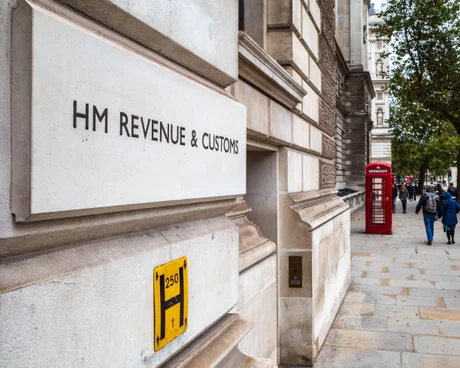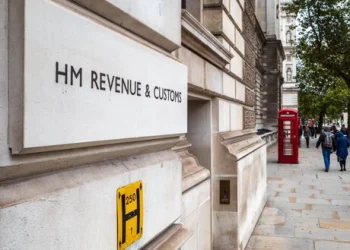The UK’s tax authority, HMRC, has launched a full review into the suspension of about 23,500 child benefit payments after it emerged that many claimants were wrongly flagged as having left the country permanently. The issue arose after HMRC began using travel data from the Home Office to identify possible fraud, but it mistakenly stopped payments to parents who had only taken short holidays abroad.
Normally, child benefit is only discontinued if a claimant has been outside the UK for more than eight weeks. However, the new automated system flagged many families for brief trips, triggering widespread complaints and parliamentary scrutiny.
Short Holidays Mistaken for Permanent Moves
Among those affected was Eve Craven, whose child benefit was halted 18 months after she and her son took a five-day trip to New York. She later received a letter citing no record of her return to the UK. “It’s just a very big ask for something they messed up,” she said. Her payments have since been reinstated and backdated.
The problem appears particularly severe in Northern Ireland, where many families flew out from Belfast but returned via Dublin—a route that produces no record under the Common Travel Area between the UK and Ireland, since there are no routine passport checks at the border. This caused HMRC’s systems to wrongly conclude that some residents had not returned.
Government and HMRC Respond to Backlash
HMRC has since apologised for the disruption, saying: “We’re very sorry to those whose payments were suspended incorrectly. We have updated our process to give customers one month to respond before any suspension.”
The agency confirmed that it is now reviewing all past cases, cross-checking with PAYE employment data to verify continued UK residence. Those wrongly affected will have their benefits reinstated with back pay. The review is expected to conclude by next week.
Political and Public Reaction
The Treasury Select Committee has demanded explanations from HMRC over the mishandling of data and the scale of the error. MPs have called for stronger safeguards before automated systems are used to make decisions that affect families’ incomes.
A government spokesperson defended the wider policy, saying the crackdown was part of a campaign expected to save £350 million over five years by targeting fraudulent claims. They also highlighted an additional one-month grace period for appeals to ensure fairness.
Next Steps in the HMRC Child Benefit Review
As the review continues, HMRC is under pressure to restore public trust after critics accused it of relying too heavily on technology without sufficient oversight. Advocacy groups have warned that the incident exposes the risks of algorithm-driven decision-making in public services.
For many families, however, the priority remains clear — ensuring their child benefit is restored quickly and without further errors.





